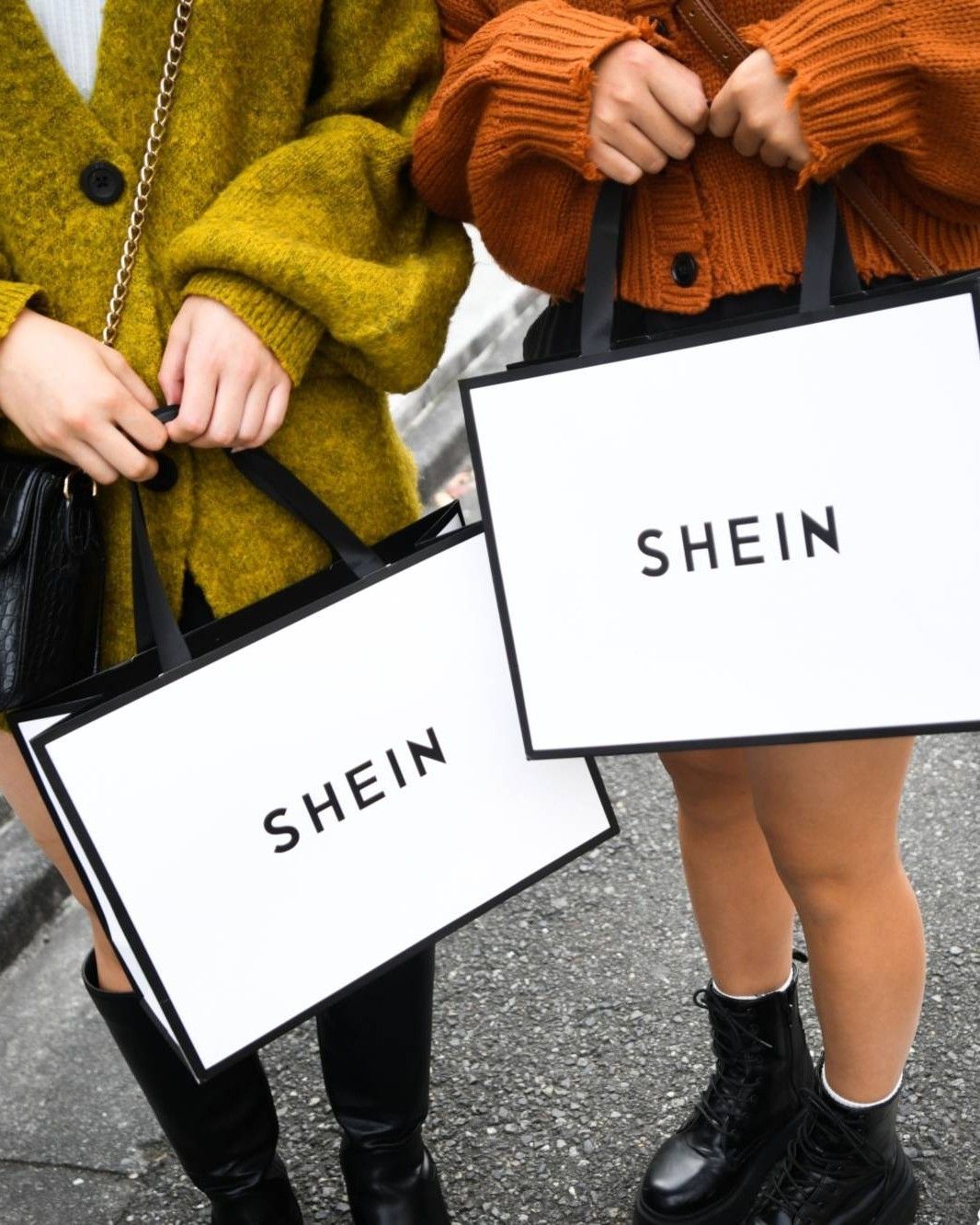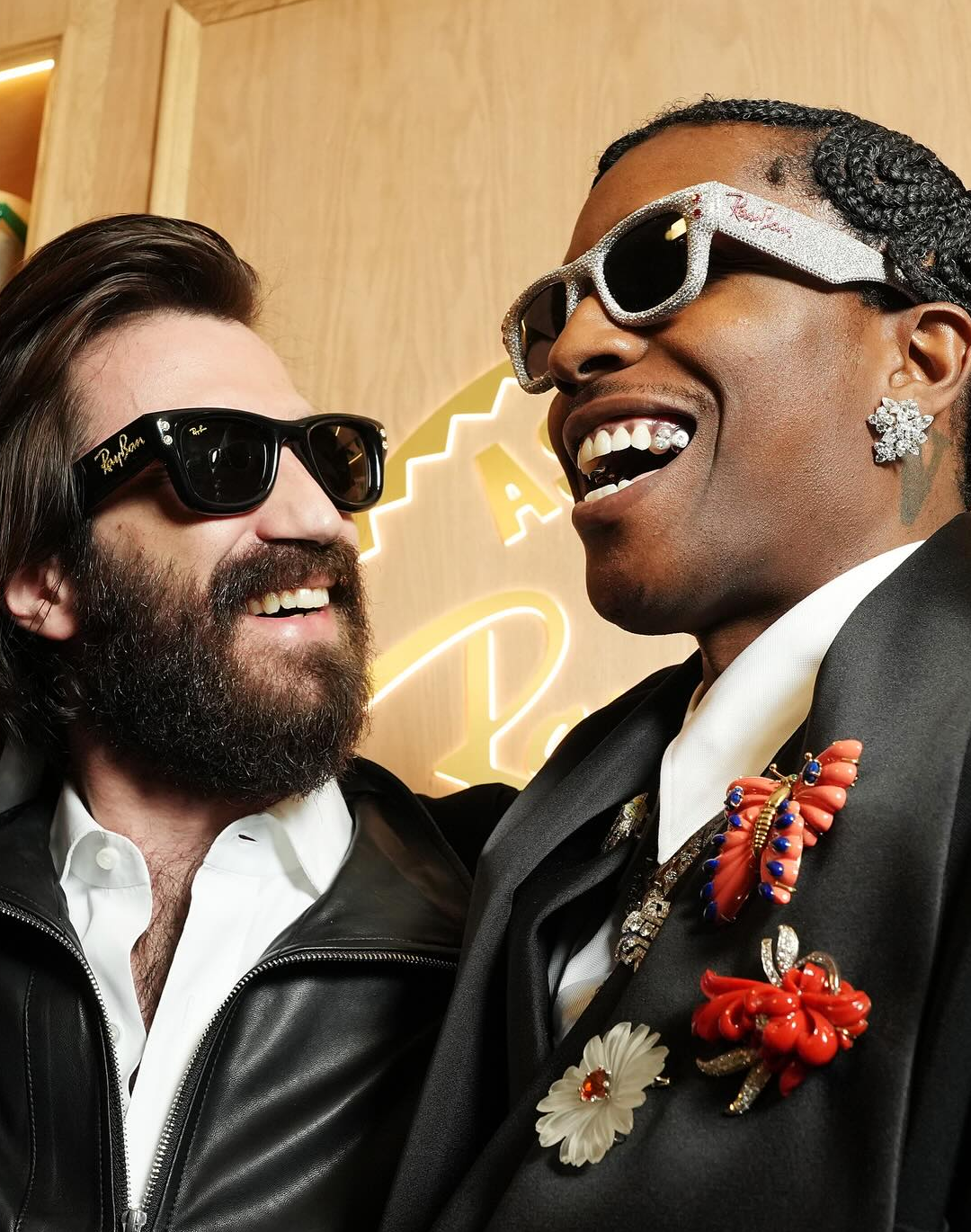
Nobody knows Shein's founder His low profile has made him practically unknown
Even for industry insiders, the founder of Shein is a mysterious figure about whom little or nothing is known. The Chinese billionaire – born Yangtian Xu – is mostly known by his English name, Chris Xu, but it seems he is also referred to as Sky Xu. Despite being one of China's wealthiest men, he is practically unknown, to the extent that Shein employees find it difficult to identify him. He is an extremely private and elusive person – traits that also emerge in the company's press releases, where Xu never reveals much, and his statements do not go beyond a few sentences. However, things could soon change: according to some rumors, Shein could go public next year on Wall Street, and in this case, media attention would increase significantly. Publicly traded companies are obligated to hold press conferences with shareholders, make public financial presentations, and so on. It is likely that the founder of Shein, who has maintained a discreet position and a very low profile so far, will have to become more known and visible in public.
The Origins of Shein's Founder
The story of Shein's founder is mainly the result of journalistic reconstructions, such as the one done by The Guardian last year, mostly because – as expected – Xu has never given interviews. The man is just under 40 years old, lives in Singapore (where Shein's headquarters is located), and is described as a shy and sometimes angular person, at least according to some people who have worked with him. Chinese media claim that he was born in a manufacturing city in the eastern part of the country – his parents worked in state-owned factories: he would have grown up in a context of poverty. In the early 2000s, Xu managed to attend Qingdao University, which is about 250 kilometers from his hometown, studying international trade. After graduation, he launched various online platforms that sold a bit of everything, leveraging low-cost productions, and later contributed to founding an e-commerce company. This was the Nanjing Dianwei Information Technology, with which he began to refine the approach that would later make Shein successful, despite everything: rapidly identifying – through data analysis – various trends and processing small retail orders equally quickly, with the help of local suppliers. His mother, theoretically being a textile worker, would have helped him gather the necessary contacts to build the manufacturing network of what would later become Shein. In those same years, China joined the World Trade Organization, which provided a direct outlet to the emerging global market: for those who wanted to sell in the West, especially thanks to the Internet, there were significant opportunities on the horizon. Xu found himself in the right place at the right time, with the most suitable background.
How Chris Xu Shaped Shein
@entrepreneur More profitable than Walmart, Shopify or Nike - this mysterious fast-fashion company plays it pretty close to the chest. So, what do we know about them? #Entrepreneurtok #CorporateTikTok #Startup #Shein #FastFashion original sound - Entrepreneur
In 2008, Xu created SheInside, an online retailer of wedding dresses, which can be considered the true predecessor of Shein. After a few years, the company began to transform into what we still know today. The company – focusing on digital and the speed of Chinese manufacturing – quickly conquered the European and American markets, competing with major players in the fast fashion sector. Even today, Shein produces its goods directly in China and sells them to the online public. The company has experienced rapid growth, reaching a valuation of 100 billion dollars. Despite this, the enormous environmental impact of its controversial business model continues to generate significant criticism. Shein, in fact, relies on a very rapid production flow and uses data analysis to intercept the fashion trends of various countries. This allows it to quickly launch specific lines, often explicitly copying the creations of other designers and replicating them with much lower quality. Within a few days, the company manages to launch new collections (while its main competitors take an average of three weeks), at slashed prices, and encourages purchases through almost constant discounts and promotions. This model has been strongly contested, as it encourages a form of inherently excessive and unrestrained shopping, entirely "short-term," which has significant environmental and ethical repercussions. However, the company continues to grow in purely economic terms and indeed intends to go public, with all the consequences this entails for the visibility of the founder.















































